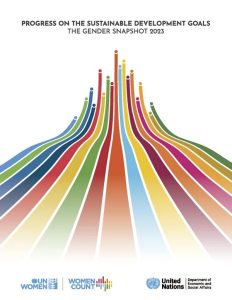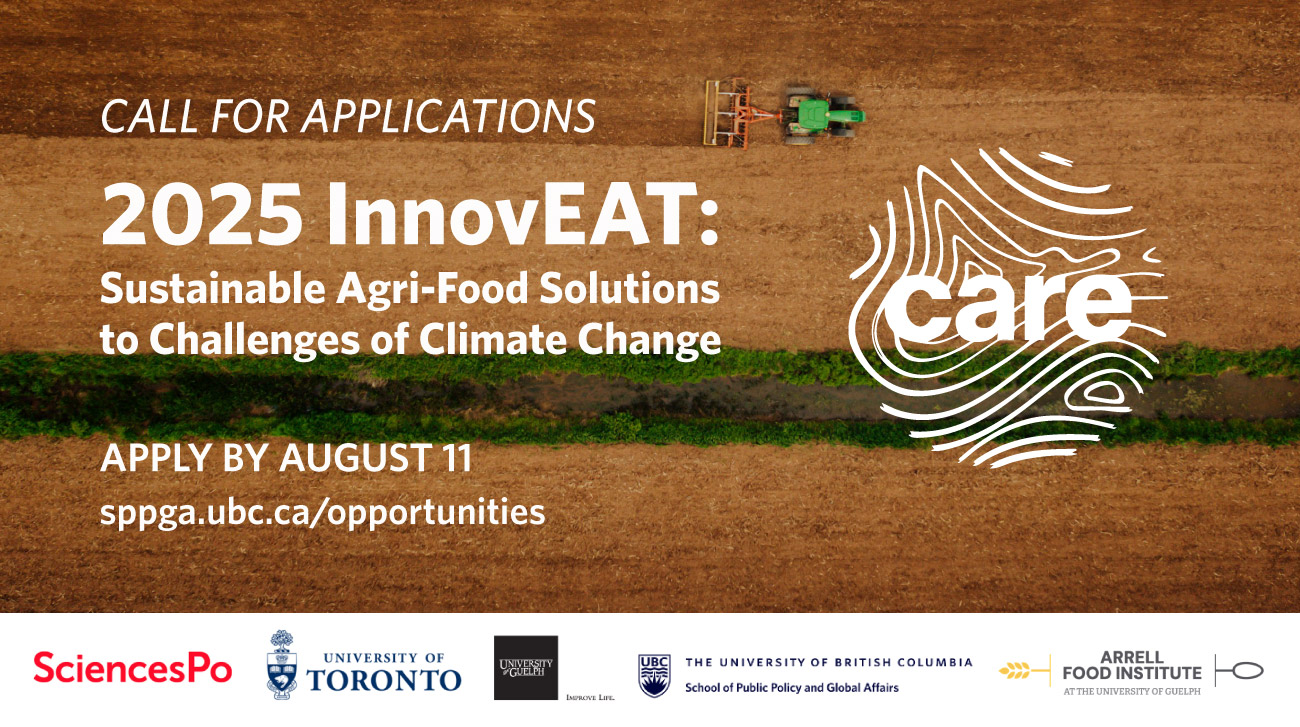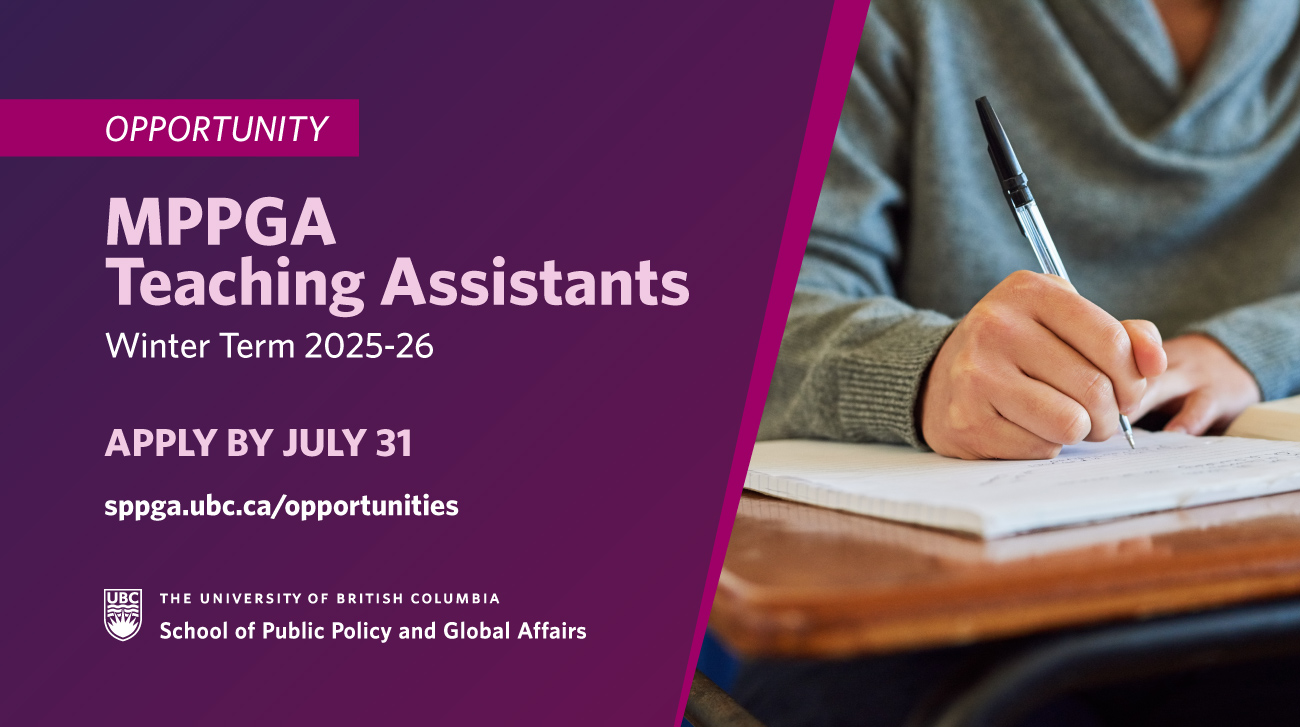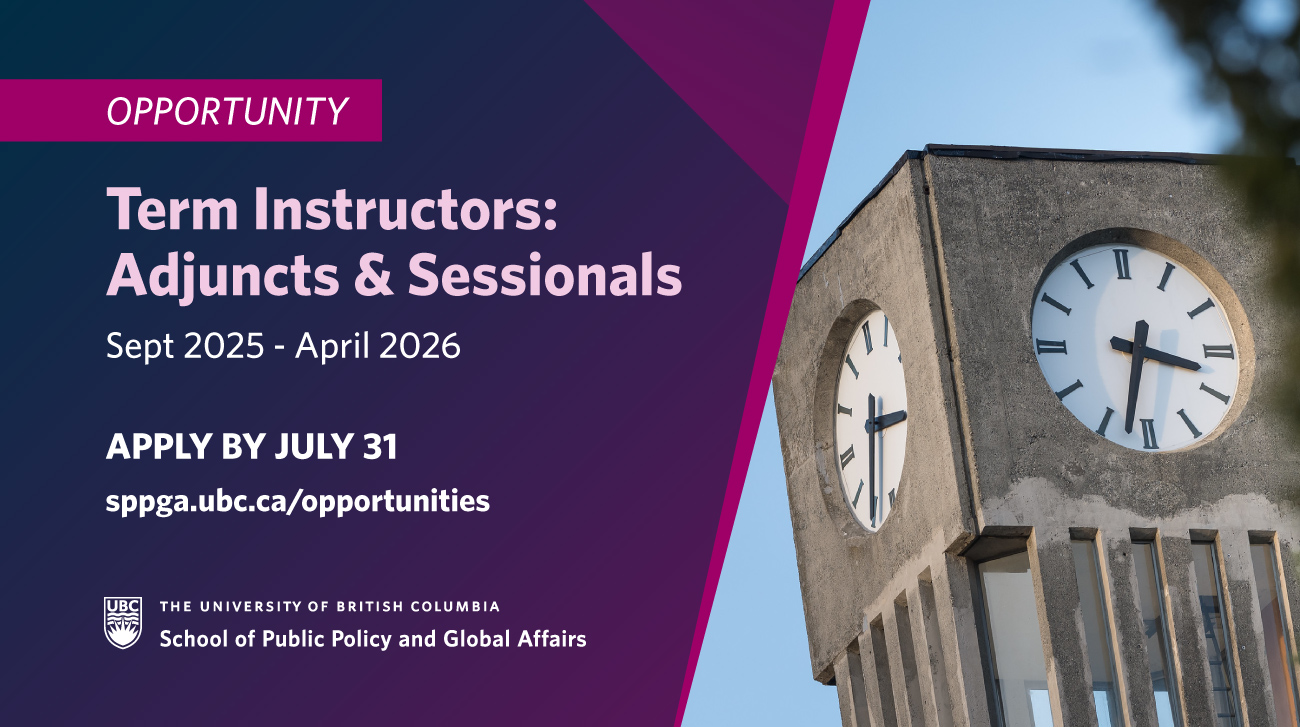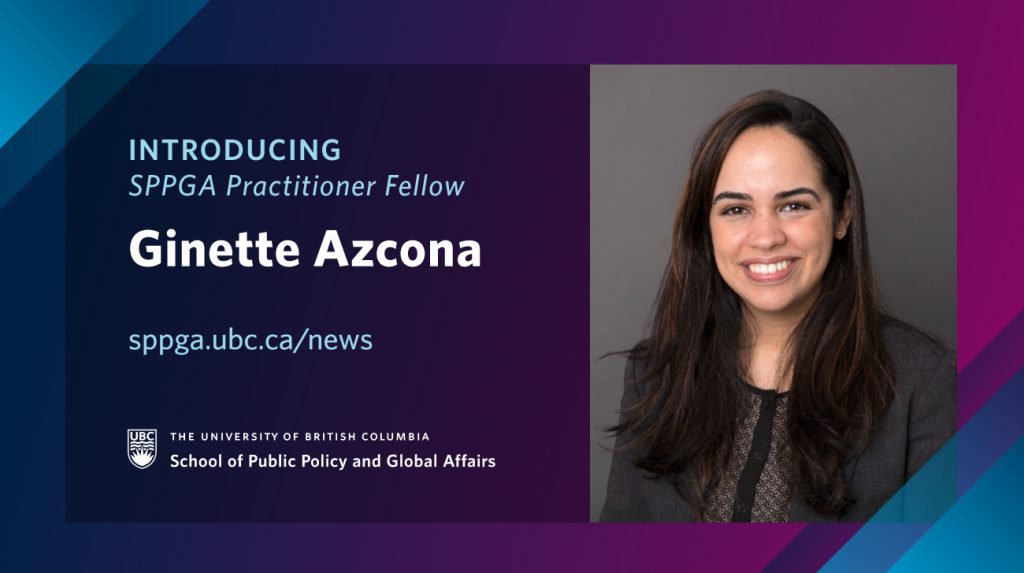

The School of Public Policy and Global Affairs welcomes Ginette Azcona, who will be joining our community as a practitioner fellow for the Fall of 2024. Ginette is senior researcher, data scientist, and policy specialist at UN Women based in New York. She has over 15 years of experience in the areas of social justice, sustainable development, gender equality, data, and strategic partnerships.
We asked Ginette a few questions about her career in public policy and her upcoming time with us, and found out she is secretly hoping to convert as many students as possible to one of her big passions—the data sciences! Check out her Q&A here:
What has been a meaningful moment in your career that underscores the need for good public policy?
It’s challenging to pick just one moment; the meaningful experiences have come from progressive work over time, chipping away at gender-blind approaches and advocating for the recognition and inclusion of women and girls in public policy, in all their diversity. This work, however, has seen its significant moments, particularly in the annual global launch of our UN flagship report, “The Progress on the Sustainable Development Goals: The Gender Snapshot.” Despite gender equality being recognized as a crucial aspect of the 2030 Agenda for Sustainable Development, the integration of gender perspectives across the 17 global goals has been fragmented and inadequately prioritized. My efforts aimed to address this gap by creating a comprehensive gender equality assessment across all goals, culminating in this annual report.
Now in its sixth year, the report’s impact has been profound. In 2023, it reached an estimated 850 million people worldwide, with its findings informing policy discussions at the highest levels, including a special briefing at the European Parliament. The report’s conclusions have been referenced in the gender strategies of governments and philanthropic partners and have received coverage in global media outlets like BBC, The Guardian, France24, Haberturk, Telam, and Radio-Canada. The widespread engagement with the report across various actors, including policymakers, underscores how feminist research, grounded in robust data and clear analysis, can drive meaningful change.
“The widespread engagement with the report across various actors, including policymakers, underscores how feminist research, grounded in robust data and clear analysis, can drive meaningful change.”
At the same time, this and other experiences have taught me that we must be agile in presenting and making information accessible to policymakers. In 2020, during the height of the COVID-19 pandemic, I convened a series of strategic policy dialogues with over 100 parliamentarians worldwide in partnership with the Inter-Parliamentarian Union. These dialogues, informed by the global report “From Insights to Action: Gender Equality in the Wake of COVID-19,” which I managed and authored, focused on translating research on gendered impacts into concrete policy actions. This six-part series led to a lively exchange of ideas on legislative, oversight, and budgetary actions for a gender-responsive recovery. However, the parliamentarians were in the driving seat—our role was to share early insights and data on the pandemic’s impact on women and girls. Their task was to determine actionable steps, learn from each other, and dive into the complexities of policymaking. This collaborative approach ensures that all stakeholders are included and contribute to developing effective policies.
What are you most looking forward to engaging in as an SPPGA Practitioner Fellow?
At UBC, I intend to focus on advancing a robust research agenda supporting the 2030 Agenda and the Sustainable Development Goals. Equally important to me is establishing connections with SPPGA faculty and students who are working on gender equality, women’s empowerment, sustainable development, and the promotion of human rights. The diverse expertise and high caliber of research at SPPGA make it an ideal environment for this work. Having collaborated with UBC faculty on related projects in the past, I am eager to strengthen and expand these research partnerships.
I also look forward to building relationships with other members of the SPPGA community who share similar interests, especially those exploring the intersections of women’s rights, indigenous rights, poverty, and environmental degradation. Lastly, as a female data scientist, I am particularly excited to engage with and support other aspiring female data scientists in what is still a predominantly male-dominated field. I secretly hope to convert as many students as possible to the data sciences (!), and to expose and inspire them to explore career opportunities in the gender, data, and development sectors.
